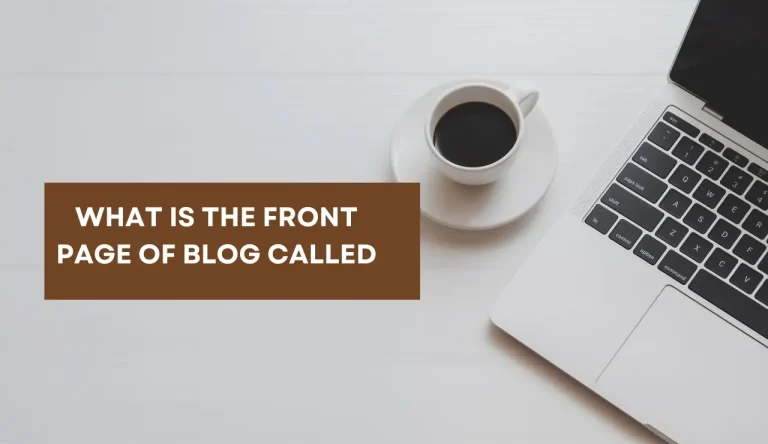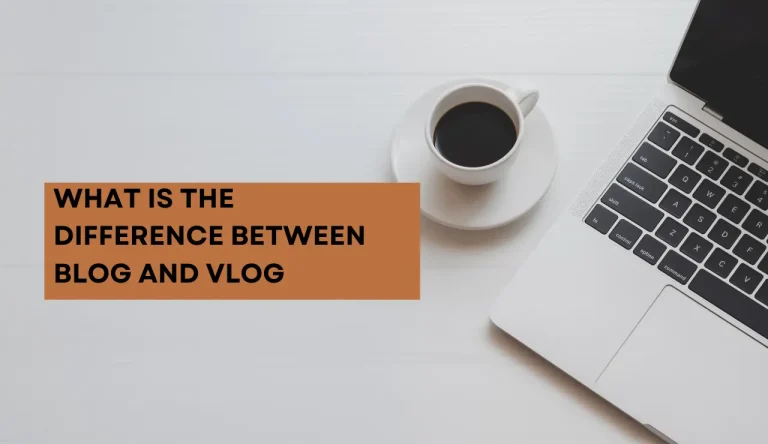What Is Anchor Text In Seo
If you’re looking to boost your website’s visibility and credibility in the world of search engine optimization (SEO), understanding anchor text is crucial.
What Is Anchor Text In Seo? Anchor text refers to the clickable words or phrases that are hyperlinked to another webpage. These links play a significant role in determining your website’s ranking on search engine results pages (SERPs).
By strategically incorporating relevant keywords into your anchor text, you can signal to search engines what your content is about, ultimately improving your chances of appearing higher in organic search results. However, it’s important to use anchor text wisely and ethically, as over-optimization or spammy practices could lead to penalties from search engines.
To make the most of this powerful SEO tool, familiarize yourself with different types of anchor text and follow best practices for implementation.
In this article, we’ll delve deeper into the definition, importance, types, and impact of anchor text on website visibility and credibility.
Key Takeaways
- Anchor text is crucial for boosting website visibility and credibility in SEO.
- Strategic use of relevant keywords in anchor text improves chances of higher organic search results.
- Over-optimization or spammy practices with anchor text can lead to search engine penalties.
- Understanding and using anchor text strategically improves website visibility in search engine rankings.
Definition of Anchor Text

When it comes to SEO, anchor text is a vital component of your website’s optimization efforts. It helps search engines understand the context and relevance of your content by providing clickable text that links to other pages on the internet.
Anchor text acts as a signal for search engines, indicating what the linked page is about. For example, if you have a blog post about ‘top 10 SEO tips,’ using anchor text like ‘SEO tips’ when linking to that page tells search engines that the linked page is relevant to that topic.
However, it’s important to use anchor text effectively and avoid common mistakes. One mistake is using generic phrases like ‘click here’ or ‘read more.’ Instead, focus on incorporating keywords related to the linked page’s content for better SEO results.
Understanding how anchor text works and using it strategically can greatly improve your website’s visibility in search engine rankings.
In the next section, we will explore why anchor text is so important in SEO.
Importance of Anchor Text in SEO
One crucial element that can significantly impact the visibility and ranking of a website is the way in which certain words are linked within its content. This is where anchor text plays a vital role in improving search engine rankings.

Anchor text refers to the clickable words or phrases that are hyperlinked to another webpage. By using relevant keywords as anchor text, search engines can better understand the content and relevance of the linked page. Not only does this help with SEO, but it also improves user experience by providing clear navigation and context.
The relationship between anchor text and user experience cannot be overlooked, as it ensures that users can easily find what they’re looking for on your website.
Now let’s dive into the different types of anchor text and how they affect SEO performance.
Types of Anchor Text
There are various ways to link words or phrases within a website’s content, each with its own impact on search engine rankings and user experience. When it comes to optimizing anchor text, it’s important to understand the different types that can be used. Here are five types of anchor text you can utilize:
- Exact Match: This type uses the exact keyword phrase you want to rank for.
- Partial Match: It includes a variation or partial match of the target keyword.
- Branded: It incorporates your brand name as the anchor text.
- Naked URL: This type uses the full URL as the clickable link.
- Generic: It uses generic terms like ‘click here’ or ‘learn more.’
By using these different types strategically, you can enhance your SEO efforts. Now let’s explore best practices for using anchor text without losing momentum in improving your website’s visibility and user engagement.
Best Practices for Using Anchor Text
To optimize your website’s visibility and user engagement, it’s important to follow these best practices when using different types of anchor text. Anchor text optimization techniques play a crucial role in improving your SEO efforts. By strategically selecting and implementing anchor text, you can enhance the relevance and authority of your website. However, it is essential to avoid common mistakes that can negatively impact your SEO performance. Some of these mistakes include using generic anchor text, over-optimizing with exact match keywords, and linking to irrelevant or low-quality websites.
To provide further guidance on anchor text optimization, here is a table illustrating the recommended best practices:
| Best Practice | Description |
|---|---|
| Use descriptive text | Provide clear context for the linked page |
| Diversify anchor text | Use a mix of branded, generic, and targeted keywords |
| Link to relevant pages | Ensure that the linked page is related to the anchor text |
| Avoid excessive linking | Maintain a natural link profile without spamming |
| Monitor performance regularly | Analyze data to refine your strategy |
By following these best practices, you can improve both the visibility and credibility of your website.
Impact of Anchor Text on Website Visibility and Credibility
By strategically selecting and implementing the right words within your website’s links, you can significantly enhance its visibility and establish credibility.
The anchor text plays a crucial role in search engine algorithms as it provides context to both users and search engines about the linked content.
To optimize your anchor text for better SEO results, consider the following strategies:
- Use descriptive keywords: Incorporate relevant keywords that accurately describe the linked page’s content to help search engines understand its relevance.
- Avoid generic phrases: Instead of using common phrases like ‘click here’ or ‘read more,’ use specific and meaningful anchor text that gives users a clear idea of what they will find when they click on the link.
- Maintain consistency: Consistently using anchor text that reflects the targeted keywords throughout your website helps establish topical relevance and improves SEO performance.
- Diversify anchor text: While it’s important to include keywords, ensure you have a healthy mix of branded, generic, and long-tail keyword-based anchors to avoid over-optimization.
By applying these strategies, you can maximize the impact of your anchor text on both website visibility and credibility.
Frequently Asked Questions
Conclusion
In conclusion, understanding the concept of anchor text is crucial for successful SEO strategies. By using relevant and well-optimized anchor text, you can improve your website’s visibility and credibility in search engine rankings.
Remember to incorporate various types of anchor text, such as branded, exact match, and partial match, while following best practices like avoiding excessive keyword stuffing.
By implementing these strategies effectively, you can enhance your website’s online presence and attract more organic traffic to ultimately achieve your SEO goals.






